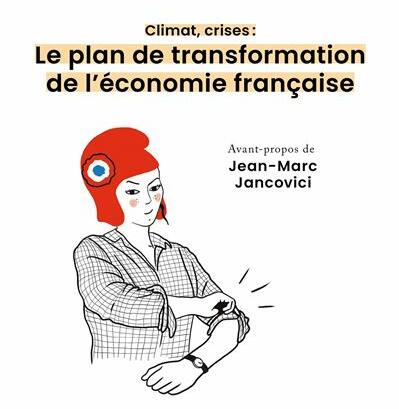 The Greens group at the European Parliament organised a Conference on Peak Oil (PO) on 3rd May in parallel to the ASPO meeting.
The Greens group at the European Parliament organised a Conference on Peak Oil (PO) on 3rd May in parallel to the ASPO meeting.
The Conference’s objective was to discuss two subjects: first the political analyses and measures around PO, then the evidence surrounding PO and related activities in the different member countries. Philippe Lamberts, a Green MEP, introduced the event by encouraging participants to stop ducking the issue and understand the real implications of PO on our society.
The first part involved PO experts: Kjell Aleklett, President of the ASPO, Director of the Global Energy Systems Group at the University of Uppsala; Jeremy Leggett, of the UK Industry Task Force on Peak Oil and Energy Security and Lord Ron Oxburgh, House of Lords UK Parliament, former Chairman of Shell. Their three presentations helped to provide elements to understand PO and more broadly the EU’s addiction to fossil fuels. Both Kjell Aleklett and Jeremy Leggett insisted on the difficulty of convincing political and economic leaders of the urgency of concerted action, even if the military sector has already sounded the alarm (in Germany and Great Britain). In fact, producing countries that are seeing their reserves fall might consider reserving their production for their domestic markets. A discussion began with the room on the opportunities provided by non-conventional resources, such as shale gas. Lord Ron Oxburgh showed how the emergence of this new source had turned the world energy landscape upside down, changing the USA from a net importer to a self-sufficient country.
The second part focused more on the political responses to PO. The Commission and its energy, transport and agriculture general directorates were represented by Jan Panek, Marjeta Jager and Tassos Haniotis. They presented the European strategy to replace fossil fuels and lower GHG emissions by 2050 (Action Plan). Tassos Haniotis answered many questions on speculation around agricultural materials and its possible link to the increase in fossil fuel prices. All insisted on the need for political actor to know the real orders of scale (proven reserves, production), even if in the end it will probably be energy costs which will guide its actions over the coming years.
Some of the conferences can be watched again at:
- Peak Oil
- Philippe Lamberts
- Lord Ron Oxburgh
- Jeremy Leggett
- Prof. Dr. Kjell Aleklett
- Peak Oil recorded stream (80 min)

